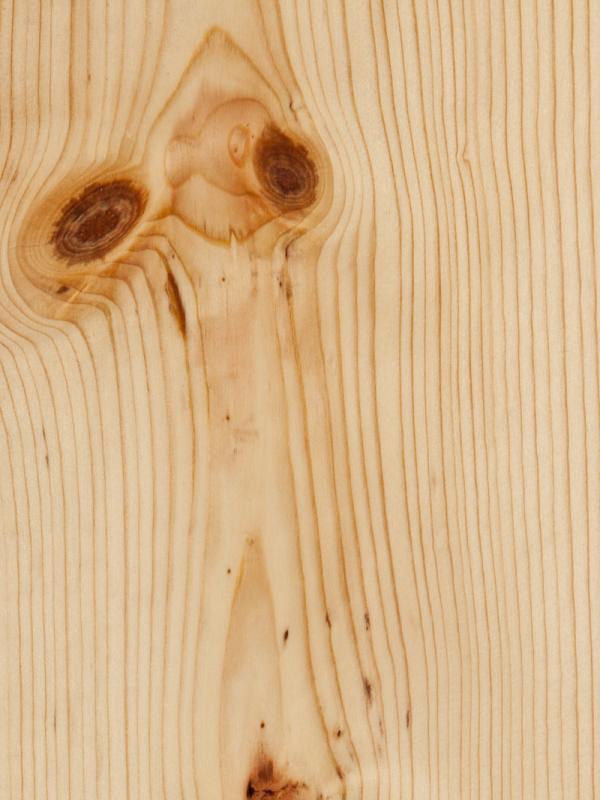
Family: Pinaceae.
Latin Name: Pinus ponderosa.
Origin: Ponderosa Pine is one of the most widely distributed tree species in the West. Its natural range is from Southern Canada to Mexico and from Nebraska and Oklahoma to the Pacific Coast.
Common Names: Western Yellow Pine, Ponderosa White Pine, Ponderosa Pine, Black-Jack Pine, Sierra Brownbark Pine, Western Longleaf Pine.
The Tree (characteristics): The Ponderosa Pine can grow to heights ranging from 60 to 130 feet tall with a trunk that is 3 to 4 feet in diameter. It is considered one of the Southwest’s tallest trees. These trees are easily recognized by their tall, thick, and straight trunks. The trunks are covered in scaly, rusty- orange bark split into big plates and smells like vanilla or butterscotch. The tree branches are covered with long evergreen needles that are thick and flexible drooping gracefully from the branches. Large Ponderosa Pines have been known to live for 500 or more years.
Appearance of Wood: Ponderosa Pine wood has a soft texture and is one of the most beautiful of all pine species. Sapwood is white to pale yellow in color. Heartwood is light brown to reddish brown. The tree has very little heartwood and is mainly consisted of sapwood.
Density: Ponderosa Pine is relatively lightweight and is considered a softwood. Average reported specific gravity ranges from .38 to .45 with an average dried weight of 28 pounds per cubic foot. Janka Hardness is 460 pounds of force.
Drying and Shrinkage: Ponderosa Pines seasons well with minimal splitting, cupping, or warping. The wood is relatively unaffected by changes in humidity after it has been dried. Average reported shrinkage values reported are 3.9% radial, 6.2% tangential, 9.7% volumetric.
Working Properties: Ponderosa Pine glues and finishes well and is easy to work with either hand or machine tools. Due to the presence of knots in the wood, it can be difficult to paint.
Durability: Ponderosa Pine can be used in either interior or exterior applications and is often treated if used for exterior purposes. The heartwood however is rated as moderate to low in decay resistance.
Uses: Clear Ponderosa Pine can be used for sashes, doors, blinds, paneling, and molding, built in cases, and cabinets. Lower grade pine is then used to build boxes, crates, and wood packaging.
Availability: Ponderosa Pine is widely available.